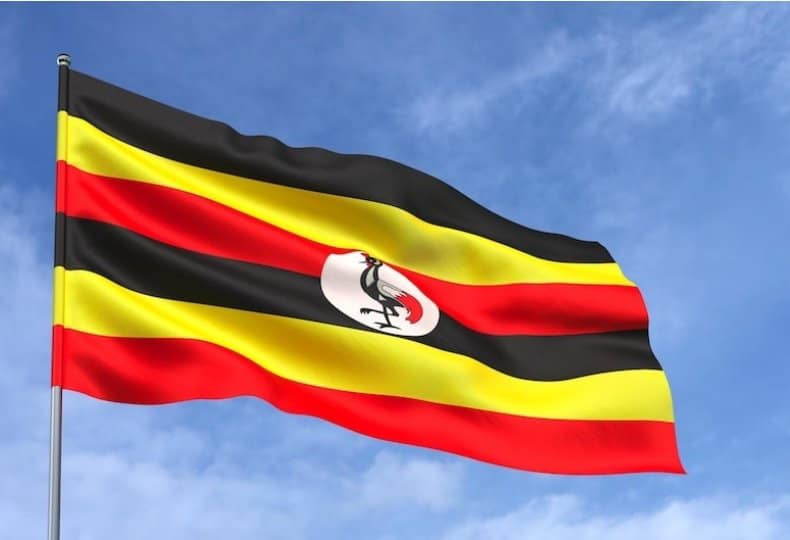#OutToLunch Uganda at 60: What if Uganda was a human being
By Denis Jjuuko
On Sunday, Uganda turned 60 years old having received its independence from the British on 9 October 1962. Had Uganda been a person, he would have received his full NSSF pay out five years earlier. If he worked in the Uganda public service, he would either be retired or on contract depending on the agency that employed him.
He would have seen a few of his children graduate from university, start marriages and dropping off grandchildren over the weekend or as often as they needed a willing nanny at no pay! And like most Ugandans, he would be begging his children that haven’t given birth to hurry up so he could have a chance to see some of his grandchildren before he dies.
And again like most Ugandans he would be considering relocating to his country home, leaving the city to the young and furious. Had he made some money, he would have set up a home somewhere else, and rent out the other house in preparation for retirement where once in a while he would invite friends for drinks and reminisce about the good old days.
He would start a farm somewhere and plant a few trees. Build some rentals and join a few boards as a non-executive director. Life would be good. He would be proud of his accomplishments, the policies and project he initiated. And how they changed the world even though those achievements may be invisible to many others.
He would be quick to mention where his children are especially those who live and work in London, Johannesburg or Boston, those practicing as doctors and engineers or on their post graduate courses in elite universities.
But there is also a Ugandan who would be calling everyone they know right now, as he turns 60, and facing retirement contemplating on what to do to remain on the job. A letter to his superior to extend his stay on the job or copying the former Chief Justice by swearing an affidavit to lower his age would be on the cards.
Another Ugandan would become captive to his children who are now his ‘retirement investment.’ The children will decide when he sees a doctor or whether the young offspring he got with his mistress would go to school.
He would feel abandoned and terrified and only name dropping the bigwigs he used to chill out with in the cities but who no longer answer their phones whenever he calls pretending to be too busy. He would mention the flight to New York or Tokyo for a conference and how good life was in Toronto when he visited. Unable to buy waragi for his new friends, their attention would quickly turn to the young man preparing for his 2026 bid for parliament. He can after all buy beer.
And for those below 60, parliament and elective office has become one of the most lucrative forms of employment competing at the same time with those who retired. If they don’t fight over votes in parliament to represent the country in the East African assembly, they are laying out strategies to become councilors at all levels.
Not to be like their retiring parents, those in employment, spend all their time looking for every possible way to have rental income. Buildings are going up in all sorts of suburbs but on salaries that can barely pay school fees for just one child in an average school.
Those who aren’t ‘lucky’ enough to be building rentals are surviving by the grace of God having mortgaged themselves to the bones. Salary advance is the order of the day. Those who had invested in businesses, Covid-19 disrupted their plans. The restructured loans have matured again and banks are foreclosing on them.
As Uganda celebrates its 60th anniversary, 12,000 schools according to the government owned newspaper are on forced sale. It is plausible that in the next few years, nobody will be investing in schools anymore. So where will those who will be 60 in the year 2082 have studied?
Without a functioning education system that is affordable for all, even the poorest of policies wouldn’t be put on the table for debate. There will be no debate actualy. Everyone will be for themselves. So if government wants to create impact for the next 60 years, it must start by fixing the education system—a catalyst for growth of all the other sectors.
The writer is a communication and visibility consultant. djjuuko@gmail.com










